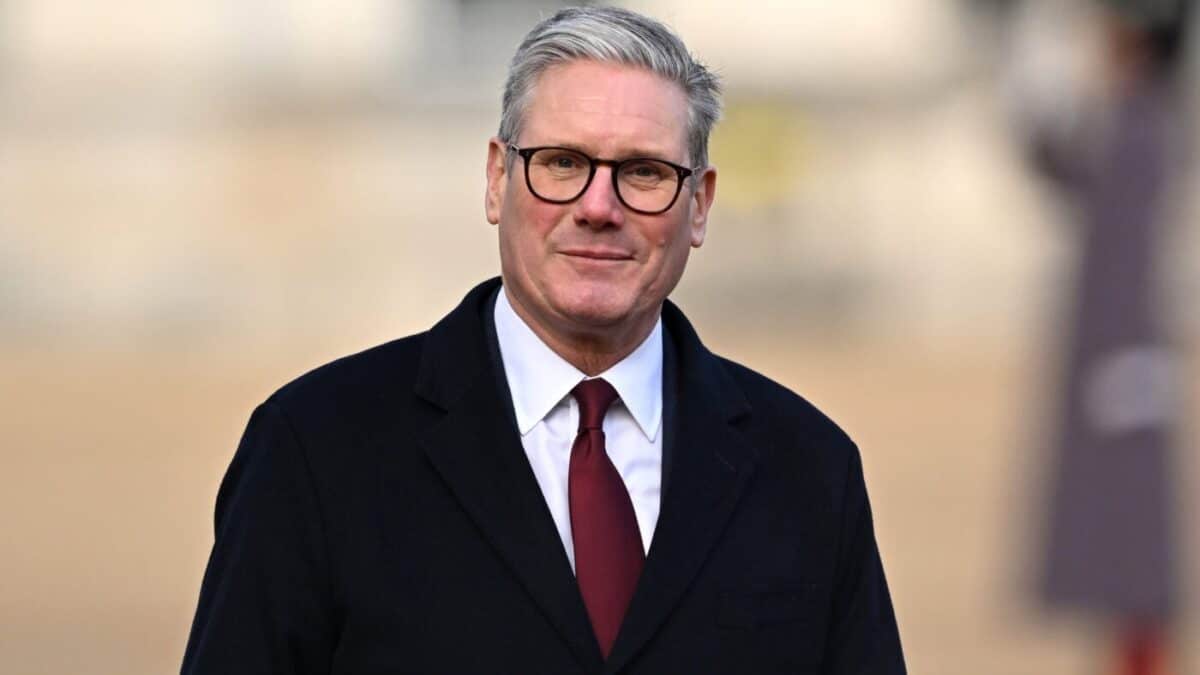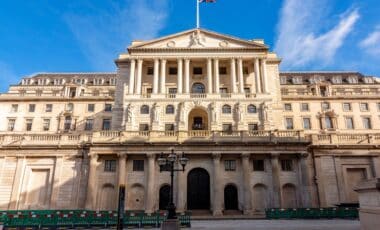The UK is considering joining a Europe-wide customs deal to rebuild economic ties with the EU and ease trade disruptions post-Brexit. The proposal, though promising for businesses, faces political resistance over concerns about sovereignty and EU influence.
The potential membership in the Pan-Euro-Mediterranean Convention (PEM) marks a key moment in Prime Minister Keir Starmer’s efforts to reset UK-EU relations. While offering tariff-free trade benefits, the move also raises questions about the balance between economic pragmatism and Brexit principles.
Trade Opportunities Under PEM
The Pan-Euro-Mediterranean Convention (PEM), a trade agreement enabling tariff-free movement of goods across Europe and parts of North Africa and the Levant, could help alleviate the UK’s post-Brexit trade issues. The deal, if pursued, could streamline customs processes, cut red tape, and strengthen supply chains disrupted since Brexit.
EU trade chief Maros Sefcovic has indicated a willingness to discuss the UK’s inclusion, provided Britain aligns with EU rules and standards. Business leaders have backed the idea, emphasizing that membership could enhance competitiveness for industries like manufacturing and agriculture. However, the government remains hesitant, with Housing Minister Matthew Pennycook confirming no active plans to join PEM at this stage.
“In general, the government has been very clear that we do want a closer relationship with our European partners, both in trading terms, but also importantly, in terms of security and defense cooperation, where we need to work far more closely. So absolutely, yes, we do want a closer relationship, but as for this particular arrangement, no, we’re not seeking to participate in it at the present time.” He added.
A full-scale veterinary alignment agreement has also been floated, which would simplify the export of food and agricultural products by harmonizing regulations. However, this approach would require “dynamic alignment” with EU standards, a contentious issue for those concerned about perceived encroachments on UK sovereignty.
Political Resistance and Unresolved Issues
Despite its economic advantages, closer trade ties with the EU face strong political headwinds. Sir Keir Starmer’s government has resisted adopting a youth mobility scheme, which would allow under-30s to work and travel across the EU. Critics argue this could undermine Brexit’s promise of controlling immigration.
Broader concerns include EU access to UK fishing waters and the role of the European Court of Justice in resolving disputes. These issues highlight lingering tensions as the UK seeks to improve trade relationships while maintaining the independence gained through Brexit.
Starmer’s cautious approach reflects a tightrope act: fostering economic recovery without alienating voters who view closer EU ties as a reversal of Brexit. The government’s decision on PEM membership could set the tone for future UK-EU relations and define its post-Brexit identity on the global stage.









